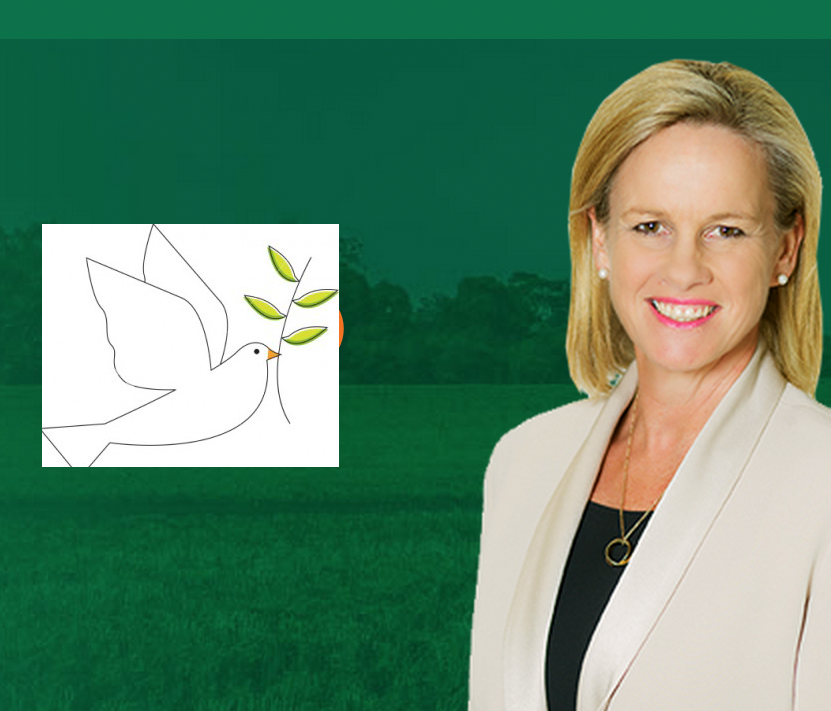Long-time Nationals MP and Young resident Fiona Nash has recently been appointed to the first ever portfolio for Rural Health. The minister’s office rejected suggestions Nash’s appointment was an olive branch to the Nationals, unhappy about the spill last month. “Streamlining responsibility onto Rural Health will allow for greater focus on rural health issues,” said […]
The minister’s office rejected suggestions Nash’s appointment was an olive branch to the Nationals, unhappy about the spill last month. “Streamlining responsibility onto Rural Health will allow for greater focus on rural health issues,” said a spokesman.
The bush is plagued by preventable disease such as obesity, diabetes, cardiovascular diseases with modifiable risk factors. The ministry was asked if there is a sensible strategy in place since the government funding to the Australian National Preventive Health Agency and Alcohol & Drugs Council of Australia in the 2014 budget.
Amongst the measures pledged are “the development of National Strategic Framework for Chronic Conditions and the National Diabetes Strategy…. also activities addressing healthy eating, tobacco use, alcohol, immunisation, mental health initiates and cancer screening.”
The new ministry may also have a greater focus on indigenous health with MP Ken Wyatt being sworn in as Assistant Health Minister and Australia’s first indigenous member of cabinet. He comes from a background directing indigenous health care in state departments of NSW and his home state of Western Australia and already $4.6 million has been committed over four years towards primary intervention for eye disease. This followed a report from Pricewaterhouse Coopers highlighting that indigenous people over the age of 40 have six times the rate of blindness of other Australians and that 94 per cent of this is preventable.
Another perennial problem for rural health is attraction and retention of doctors to small communities and remote areas. As Assistant Health Minister Minister Nash addressed the inefficiency of the GP Rural Incentive Payment Scheme which disproportionately awarded doctors working in large coastal towns like Townsville.
In July $50 million of funding was redistributed to increase incentives for doctors practicing in rural towns of 5000 or less but the minister’s office reports that “It is too early to have measured the effect of this change.”
This problem does not just affect primary care. A report published on Monday in the Medical Journal of Australia showed that only half of specialists providing rural outreach services were likely to continue providing these for very long.


